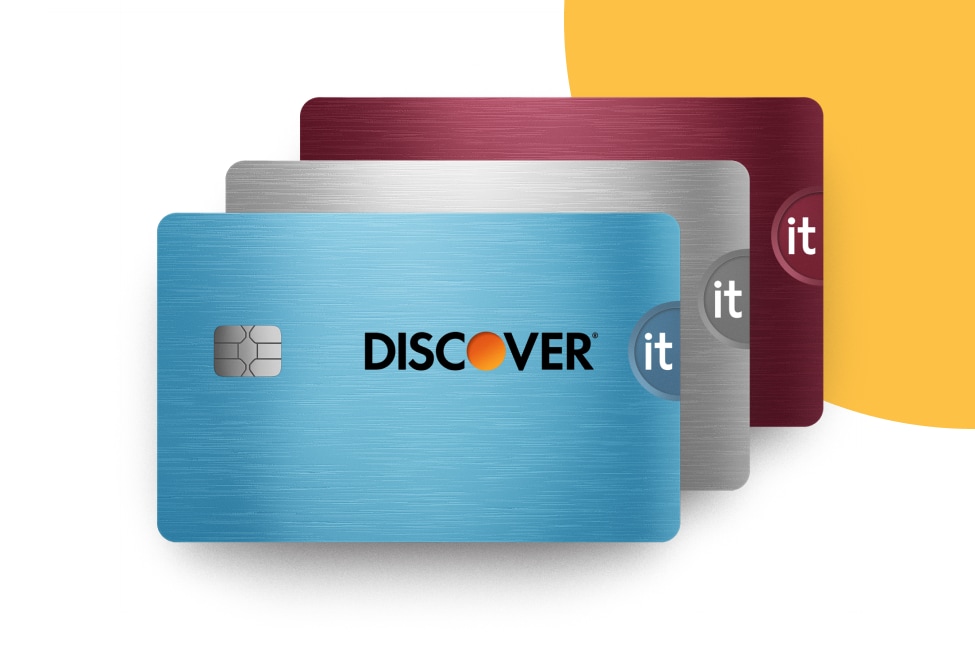
A rewards credit card can be a simple way to earn benefits on your everyday purchases. Credit card issuers offer a wide range of rewards cards, each with its own reward program. So, how do you choose between credit card points vs. cash back? Or miles vs. points?
In order to select the right type of credit card reward for you, you’ll need to understand the differences between cash back, points, and miles. Plus, each card issuer may define these terms differently in their rewards program. Ultimately, you may want to consider how a card’s bonus category (or categories), membership reward rates, and redemption options line up with your spending habits to find the best fit.







